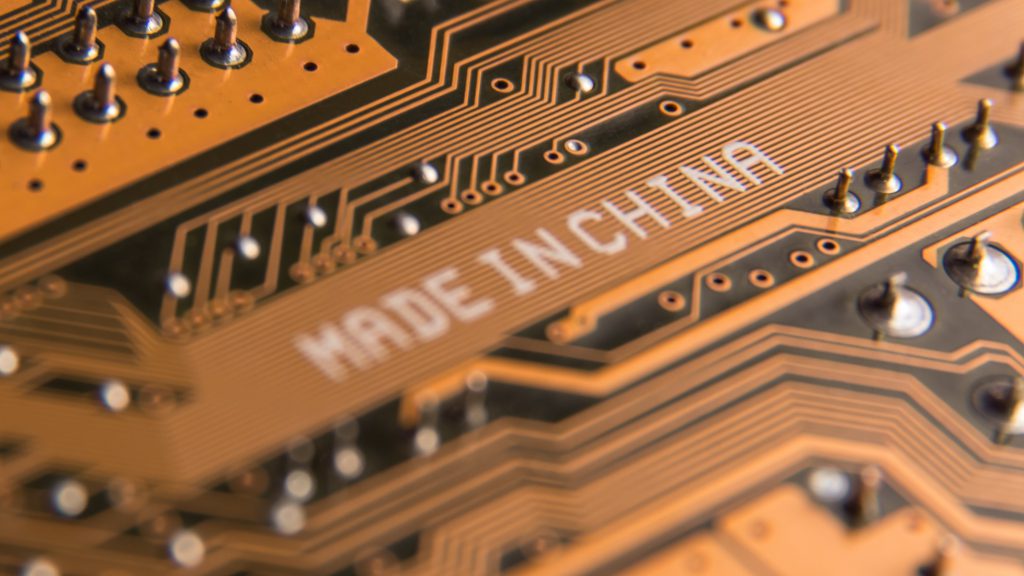China’s Australian copper ban seen hurting smelters in TC/RCs talks

An unofficial Chinese ban on Australian copper concentrate imports could hurt Chinese smelters in their negotiations with miners on benchmark treatment charges for 2021, traders and analysts said.
Australian media reported that Chinese importers have been informally warned by Chinese customs officials that a range of Australian goods, including copper concentrate, will be targeted for increased inspections from November 6 amid a diplomatic row between the two countries.
The orders had already forced traders to divert some small shipments bound for China, two traders told Reuters on Friday.
The ban is expected to have only a limited impact on the Chinese concentrate market’s supply-demand balance
While Australia is not a big supplier of copper concentrate to China, the row comes as supplies from South America have been disrupted by the coronavirus epidemic which looks set to erode the bargaining power of smelters in China to buy for next year.
“On the face of it, the market tightens for the Chinese, so ultimately they will have to push their prices on the offer a bit lower to get that security of supply,” said analyst Daniel Hynes of ANZ in Sydney.
Miners pay treatment and refining charges (TC/RCs) to smelters to process concentrate into refined metal. When supply is scarce, refiners have to charge less to attract what they need.
Chinese smelters and global miners meet every November to negotiate the annual benchmark for the following year’s TC/RCs.
“The timing couldn’t have been worse. The one area that is not struggling with covid-19 impacts to logistics is Australia, and that’s the place they have banned. The South Americans will use this as leverage,” said a copper concentrate trader based in Australia. Chile and Peru are China’s biggest suppliers.
Spot TCs plumbed an eight-year low of $50.50 a tonne this week, a 30% drop from the 2020 high hit in March and well below the annual benchmark of $62 a tonne, Asian Metals data showed.
“The ban may drive the spot market lower for China. For the 2021 benchmark, a slide is fair but I think it will actually settle near $60 a tonne and 6 cents per pound,” said a Singapore-based trader.
A second Australia-based trader forecast the benchmark in the mid $50s a tonne.
Diversion
In the short term, traders are scrambling to redirect Australian shipments.
“If you had a ship full of copper concentrate floating offshore, you’re rapidly trying to find a home,” a second Australia-based trader said.
Traders said Australian shipments meant for China could divert to Japan, Korea, India, or to blending facilities in Taiwan or Malaysia.
Australian producers of lead and zinc concentrates and precious metals are also making back-up plans in case the ban broadens, two traders said.
“We have no idea how long (this will last). It’s subject to the relationship between governments,” added a trader with a Chinese smelter.
The ban is expected to have only a limited impact on the Chinese concentrate market’s supply-demand balance, as Australia accounts for just less than 5% of China’s concentrate imports.
Australia’s two biggest copper producers, BHP Group and trading house Glencore, are also unlikely to be affected. BHP does not export copper concentrate and Glencore can divert material to its two smelters, each in Australia and the Philippines, they said.
Glencore and BHP declined to comment.
(By Melanie Burton, Mai Nguyen and Tom Daly; Editing by Richard Pullin)
{{ commodity.name }}
{{ post.title }}
{{ post.date }}




Comments
Todd
Just goes to show if you trade with China in good faith, they have no issues using economic blackmail to silence the voice of your government on legitimate issues if you are foolish enough to put your economy in a position to be hurt by them